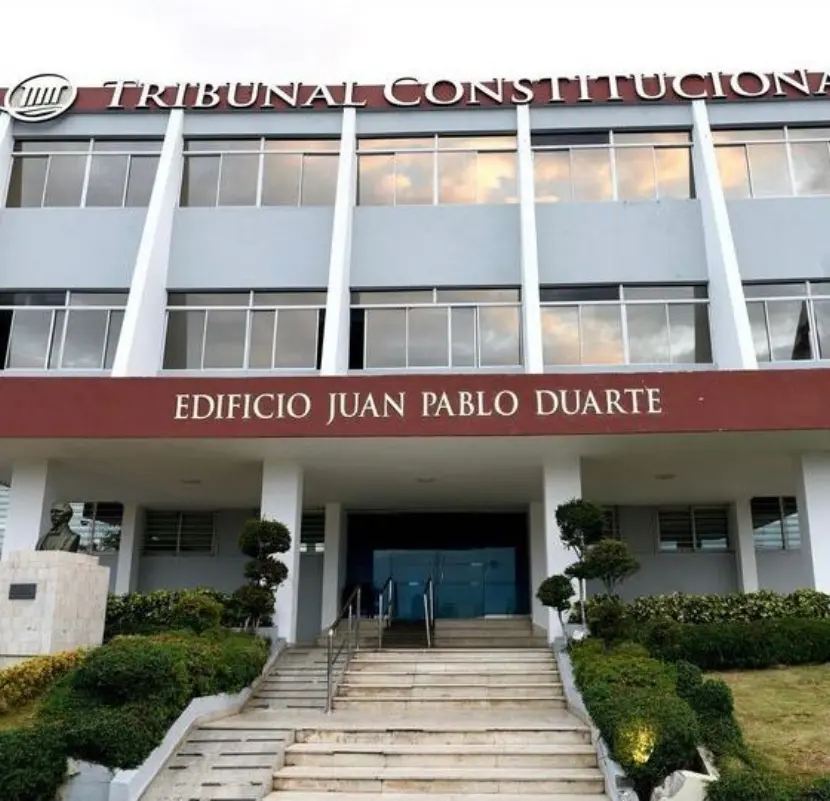SANTO DOMINGO.- The Constitutional Court declared unconstitutional article 99 of the Organic Law of Electoral Regime 15-19, on electronic voting, considering that it violates inherent principles of the right to active and passive voting, because it creates discrimination and intermediation in the exercise of suffrage.
The TC accepting an action filed by the lawyer Namphi Rodríguez, on February 4, 2020, in which he explained that he argued that the least dispossessed and literate citizens would require third parties to exercise suffrage, establishing an electronic mechanism for the exercise of this right that potentially leaves traces of who cast the vote, which also affects the secrecy.
Article 99 of the law on the automation of the electoral process indicates that the JCE is empowered, in consultation with the political parties, for the progressive automation of the voting process, having to test the systems that will be used, at least six months before voting, and that the tests could include simulations carried out exclusively for the validation of the programs and equipment to be used, which can be used as evidence in the voting corresponding to unions and civil society organizations.
According to Rodríguez’s action, articles 2, 4, 6, 7, 8, 22.1, 39, 208, 211 and 268 of the Magna Carta, on popular sovereignty; Government of the nation and separation of powers; Supremacy of the Constitution; Social and democratic state of law; Essential function of the State; Citizenship rights; Choose and be eligible; Freedom of expression and information; Right to information; Exercise of suffrage; Organization of elections and form of government.
The judges considered that it is not possible, without violating the aforementioned article 4 of the supreme law, to delegate to a body outside the Legislative Power, the regulation or modulation of active suffrage, as long as it involves the affectation of a fundamental right.
The decision had the saved votes of José Alejandro Vargas and Lino Vásquez Samuel, while the majority voted in favor.
The Constitutional Court is made up of judges Milton Ray Guevara, president; Rafael Díaz Filpo, first substitute; Lino Vásquez Sámuel, second substitute; José Alejandro Ayuso, Alba Luisa Beard Marcos, Manuel Ulises Bonnelly Vega, Víctor Joaquín Castellanos Pizano, Domingo Gil, María del Carmen Santana de Cabrera, Miguel Valera Montero, José Alejandro Vargas Guerrero and Eunisis Vásquez Acosta.














